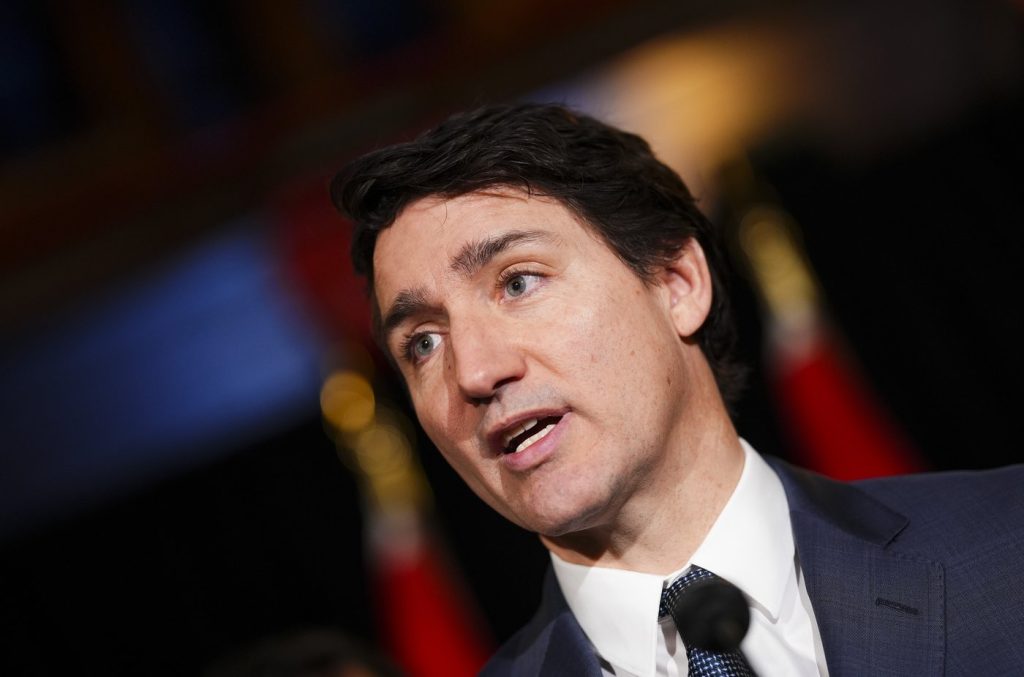‘Much lower than one-in-5000,’ doctors take issue with Dr. Moore’s myocarditis claim
Posted Jul 15, 2022 07:00:00 PM.
Ontario’s chief medical officer of health was asked this week why he was not recommending the second COVID-19 booster to everyone, even though he had opened up eligibility to those 18 and over.
“We know there is a risk, a very small risk, one-in-5000, that someone may get myocarditis,” answered Dr. Moore at Wednesday’s news conference.
Myocarditis is inflammation of the heart muscle; the inflammation can reduce the heart’s ability to pump blood. It is a known possible side effect of the COVID vaccine, but some doctors don’t believe it’s as great a risk as Moore suggested.
“The incidence of myocarditis after vaccination is much lower than one in 5000,” Dr. Kate Hanneman, Director of Cardiac Imaging Research at the Peter Munk Cardiac Centre told CityNews.
She says the Peter Munk Cardiac Centre has “seen an increase in the number of patients referred for imaging assessment of suspected myocarditis in the past two years,” but that the leading heart centre at the Toronto General Hospital has performed “approximately 65 cardiac MRIs for suspected vaccine-associated myocarditis as of February 2022.”
A small number considering 12.6 million Ontarians have been vaccinated to date.
When asked what research he was looking at to make his one-in-5000 claim, Dr. Moore’s office pointed CityNews to a Public Health Ontario report titled “Adverse Events Following Immunization.”
The document says the highest rate of myocarditis is in the male 18-24-year-old age group at 198 per million, or about one-in-5000, however the same report also details the relatively small total number of myocarditis cases seen in Ontario as a result of vaccination.
“As of July 3, there have been 775 reports of myocarditis or pericarditis following receipt of COVID-19 mRNA vaccines in Ontario” the report says.
That’s equivalent to about one-in-16,000, but those are just ‘reports.’ The document says that of the 775 instances, just 204 were actually diagnosed with myocarditis out of 12.6 million vaccinated Ontarians, or about one-in-61,000.
“I think it would be important to highlight that estimates of incidence vary and that rate (one-in-5000) is in a very specific population (males aged 18-24 years after the second dose). The rates in other populations and certainly the average incidence is much lower” says Dr. Hanneman, who pointed CityNews to a study in The Lancet peer-reviewed medical journal.
That study found that myocarditis occurred in 18 cases per million vaccine doses.








